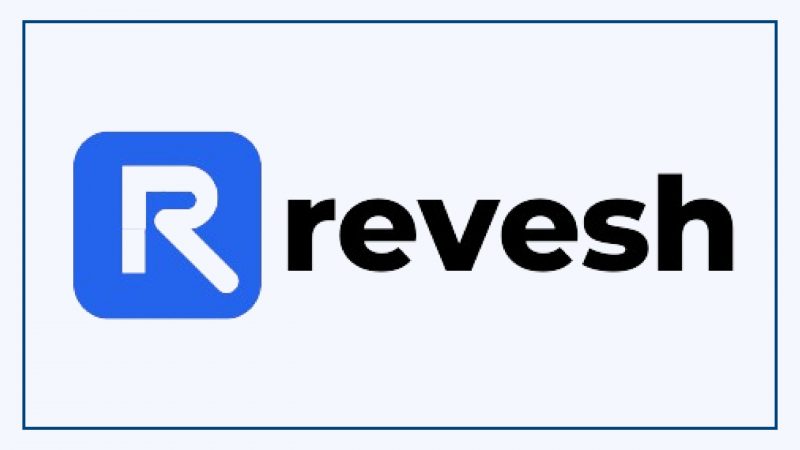The Importance of Financial Planning
April 29, 2019
Throughout your college years, you’ll likely see a shift in your spending and may start thinking about the future of your finances. Experts believe that learning about and taking financial precautions early on help people avoid difficulties further on in life. If you are unsure of where to begin, Univest assists individuals, businesses and nonprofit organizations by providing financial guidance and solutions. Here are some smart money moves you should make based on Univest’s suggestions.
DEBT
Learn how to slowly decrease debt so it doesn’t accumulate into a large, unmanageable amount. A lot of debt on your name can prevent you from being able to make larger purchases, get a loan or find a landlord that will approve your apartment application. Don’t wait until your graduation or after the grace period of your student loans to start paying your loans or the interest on the loans!
CREDIT
It’s important to open a credit card to establish a good credit score. If you have a good score, you will be approved for loans and leases, and eventually a mortgage. If your score is low, you are less likely to be approved for large purchases. Open a credit line and use the credit card for specific purchases, like booking flights or hotels.
You can avoid a large balance on your card by making the full payment each month. If this is not possible, make the minimum payment, then additional payments when you have the funds. Paying off your balance and using your card responsibly will lead to a healthy credit score.
BUDGET
Keep track of every single time you reach for your wallet. Those at Univest recommend taking note of every time you spend money. You may notice a lot of needless spending! We are all aware of our big expenses like rent and other expected monthly bills but tend to overlook the six dollars spent on coffee and a croissant in the morning. Once you start tracking each purchase made in a day, you’ll start noticing how much the little purchases add up, then adjust your spending accordingly.
SAVE
Univest recommends the 50-20-30 ratio when it comes to saving. Fifty percent should be set aside monthly for necessities like utilities, groceries, and rent. Thirty percent of your income can be designated toward extra spending like vacations and nights out. The last twenty percent of your income should be stored away for savings and untouched unless absolutely necessary.
It’s important to make sure you understand the basics of good financial habits. By practicing smart financial moves now, you’ll save yourself a lot of stress in the future!






